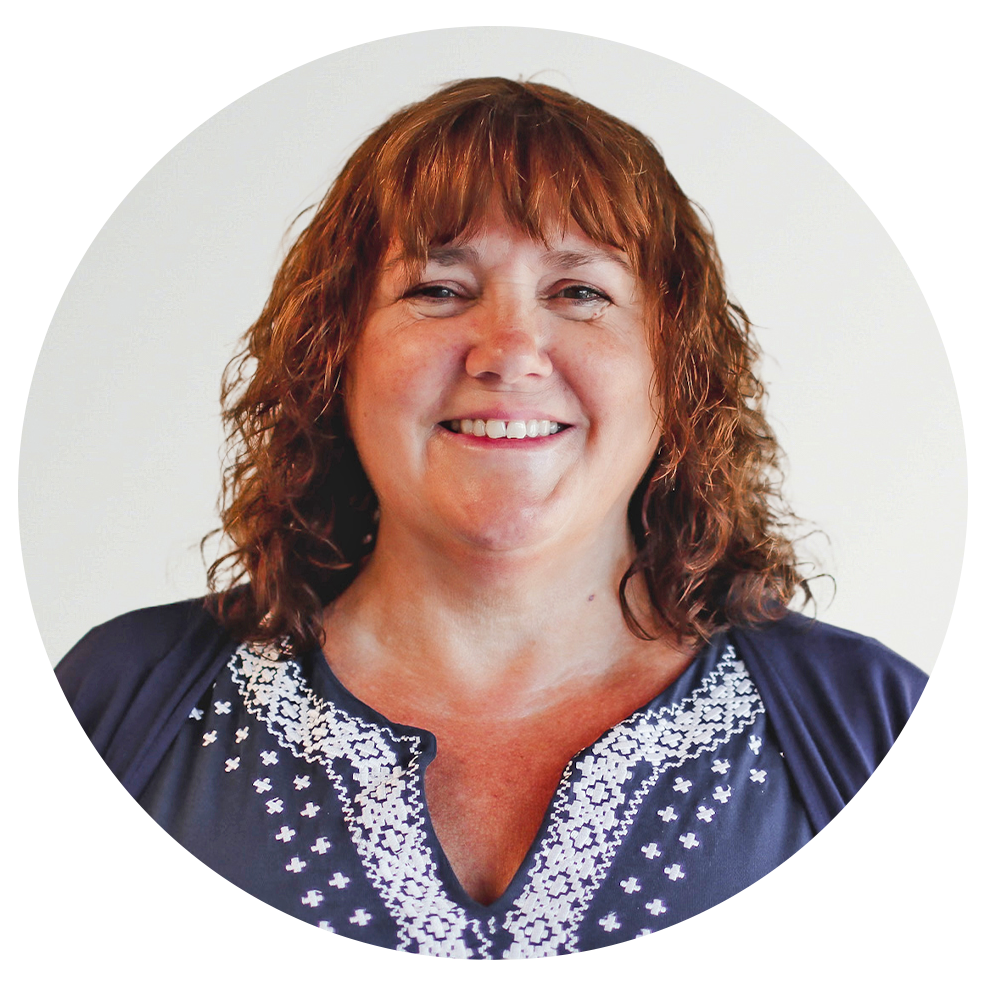Pressure ulcers - To sit or not to sit
In this session we will explore the critical clinical reasoning process around whether you can sit out of bed with a pressure area. To celebrate OT week and Stop the pressure week, we wish to recognise the importance of collaborative working.
This session will explore the risks of sitting and the risks of staying in bed. We wish to help clients make informed seating decisions to promote comfort, healing, function and overall well being.
Learning Outcomes
- Understand 24-hour posture and positioning
- Practical advice we can pass onto clients about managing pressure and preventing further damage
- Recommendations for alternative positions and equipment
- A review of current evidence
Meet our Experts

Heidi has been a Tissue Viability Nurse since 2002. Her interest and passion in the prevention and management of pressure ulcers began, however, in 1987 on registering as a nurse. She has worked in both acute and community care.

Nicky is a dedicated Occupational Therapist with over 16 years of experience, specializing in disability, posture, and seating. She has worked in both inpatient and community settings, and most recently served as a seating therapist within the HSE.
Useful resources

Pressure ulcers - To sit or not to sit
Take a closer look at the slides presented by Nicky and Heidi.
People who watched this also watched...
How can we make single handed care a more realistic and efficient option?
In this webinar, Kay James will use case scenarios and videoed practical solutions to show how single carer handling can be implemented and discuss how to tackle some of the common barriers.
How to configure a chair for my client: plus size users
In this webinar we review common seating goals and explore the additional considerations and needs of plus size users when prescribing seating. Through a live demonstration, we outline the unique mechanisms and configurable options available to meet these common complex needs within the Configura Bariatric range.
Communication matters it helped me flourish
This webinar discusses the importance of communication and the effect good and bad communication has on service user outcomes. Listening compassionately improves wellbeing and allows us to flourish so we can be the best versions of ourselves in the community.


